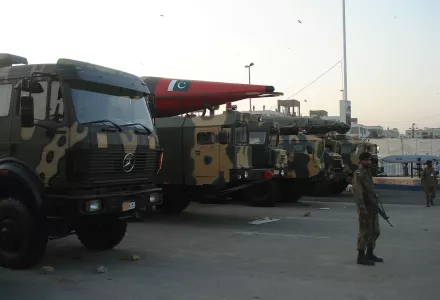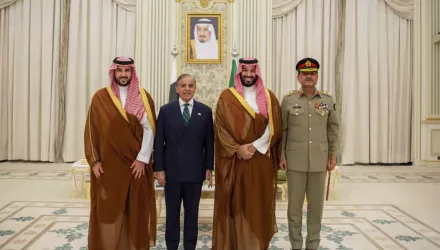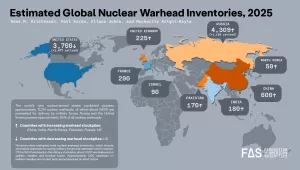Fuel Cycles, Fissile Materials and Force Postures: A Case Study of Pakistan
This seminar will analyze Pakistan's existing and projected nuclear fuel cycle capabilities and their effect on the country’s nuclear posture. Pakistan has been producing HEU since the mid-1980s and following the commissioning of the first production reactor in 1998, the country has expanded its plutonium production and reprocessing capabilities to meet the needs of a credible deterrent, comprising twelve types of ballistic and cruise missiles—which now form a strategic triad. While these capabilities have been progressively built over four decades and are modest in comparison to emerging capabilities in the region, Pakistan is viewed as having the world’s fastest growing nuclear arsenal. Resource constraints and the requirements of maintaining a credible conventional deterrence, coupled with the evolving threat spectrum will determine the future direction and scope of its strategic force posture.



